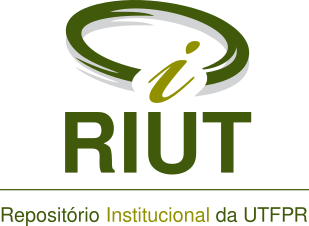Making ICTs relevant to rural farmers in Uganda: A case of Kamuli district
Resumo
ICTs stands for information and Communication Technologies, it has been broadly defined by the Uganda Communication Commission as technologies that provide an enabling environment for physical infrastructure and services development of application for generation, transmission processing, storing and disseminating information in all forms, including voice, text, data, graphics and video. ICTs are not effectively communicated to farmers especially in rural areas although access to modern information technology is largely available. This paper will examine the relevance of ICTs to the rural farmers in Uganda. The objectives of the study are to investigate agricultural information needs of rural farmers in Kamuli district; to identify the ICT facilities used for dissemination agricultural information to rural farmers. The sample size was 62 respondents. Random sampling was used in identifying the respondents. Questionnaires was used to solicit responses from the respondents. Data was analysed using Ms. Excel and presented in tables. From the study, the majority of the respondents were males and the radio was the main ICT equipment used for accessing agricultural information. One of the major challenges to access of the ICTs is inadequate funding and training. It was therefore, recommended the need for government intervention to provide subsides and also establish training sectors for the rural farmers to access the agricultural information on other ICTs facilities.
Palavras-chave
Texto completo:
PDF (English)DOI: 10.3895/rbpd.v5n2.4498
Apontamentos
- Não há apontamentos.

Esta obra está licenciada sob uma licença Creative Commons Atribuição 4.0 Internacional.





